小型轿车轻量化过程中的座椅系统设计(含CAD图,CATIA三维图)
无需注册登录,支付后按照提示操作即可获取该资料.
小型轿车轻量化过程中的座椅系统设计(含CAD图,CATIA三维图)(任务书,开题报告,文献摘要,外文翻译,论文说明书10000字,CAD图5张,CATIA三维图)
摘 要
随着社会与科技的不断发展,汽车行业对于轻量化的需求也随之大大增加。本次毕业设计主要从汽车座椅系统入手,讨论了轻量化的问题。本次设计使用了CATIA软件来进行模型的绘制,并利用了UG NX12的仿真模块来进行了仿真分析,讨论了使用Aluminum_2014和AISI steel 4340两种不同材料时,汽车座椅靠背背板在0.003MPa压力条件下的应力和变形情况。并对这两种情况进行了比较。所得结果对在轻量化过程中汽车座椅靠背背板的材料选择有重要的指导意义。
论文主要研究了:汽车座椅系统的构成及特点,以及轻量化思想在汽车座椅上的运用。
研究结果表明:在轻量化过程中,Aluminum_2014是比AISI steel 4340更好的制造汽车座椅靠背背板的材料。
本文的特色:将轻量化的思想带入到汽车座椅中,并借助仿真分析手段进行了研究。
关键词:汽车座椅系统;轻量化;有限元仿真;优化
Abstract
With the continuous development of society and technology, the demand for lightweight parts in the automotive industry has increased greatly. In this project, the cart seat system is considered to be the lightweight target. The model of a car seat is designed in the software CATIA, and the deformation of the designed car seat part is analyzed in the finite element simulation module of the software UG NX12 under the applied load. The stress and the deformation of the part are obtained when different material properties are selected for the designed car seat part. Compared with the material AISI steel 4340, the designed part with the Aluminum 2014 shows a good performance under the applied load, and is lightweight.
Key Words:car seat; lightweight; Finite element simulation; optimization
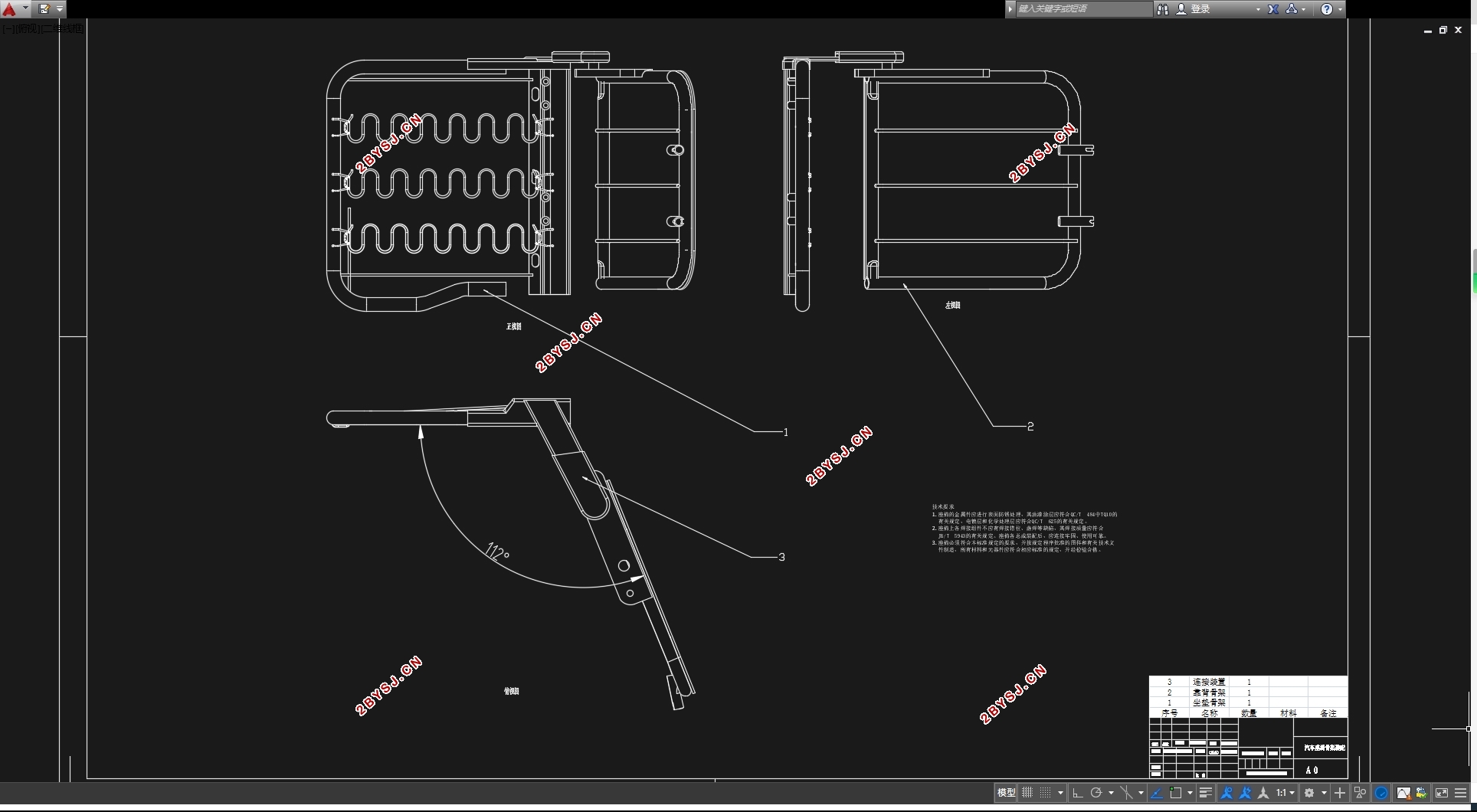
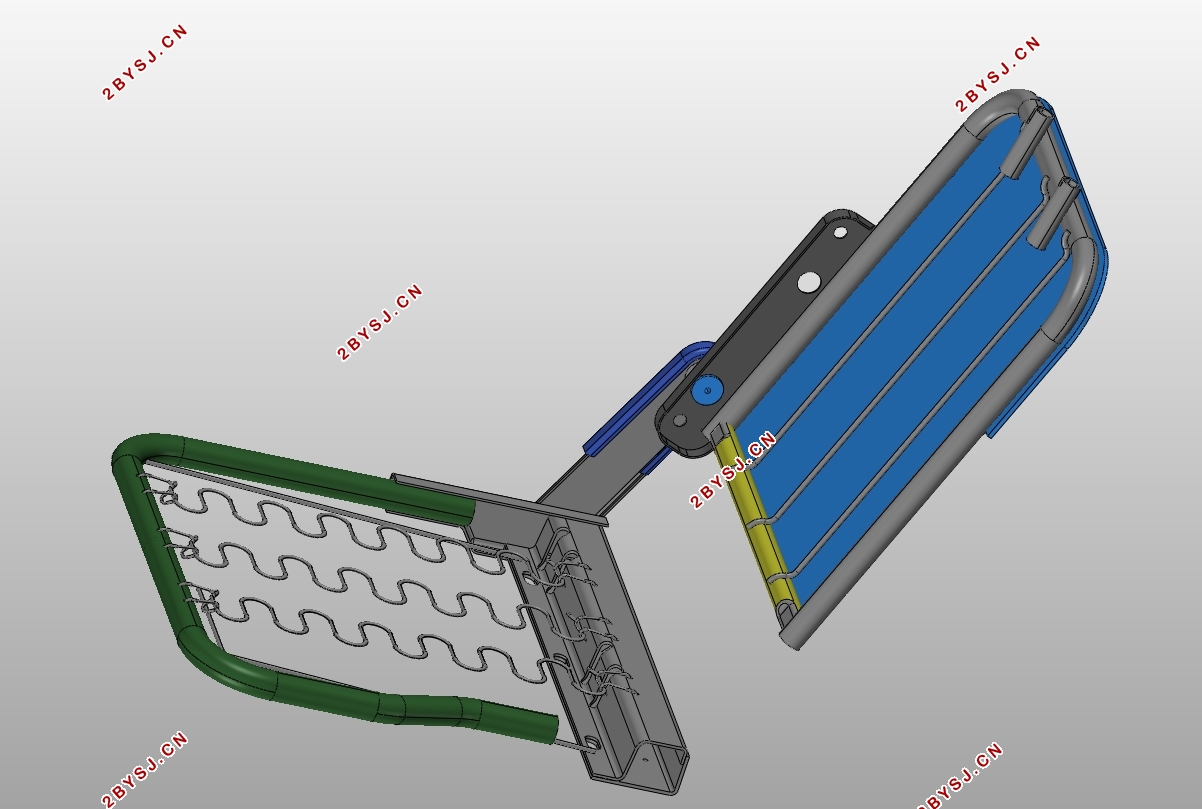
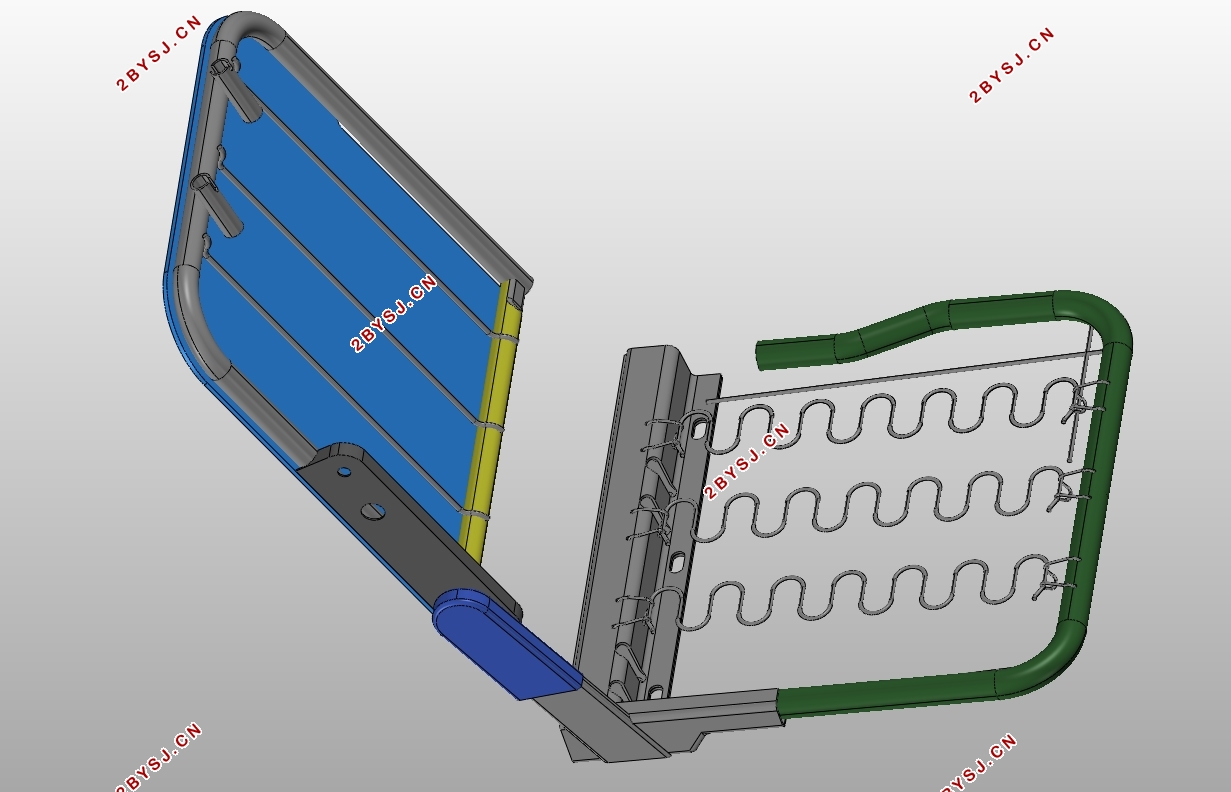
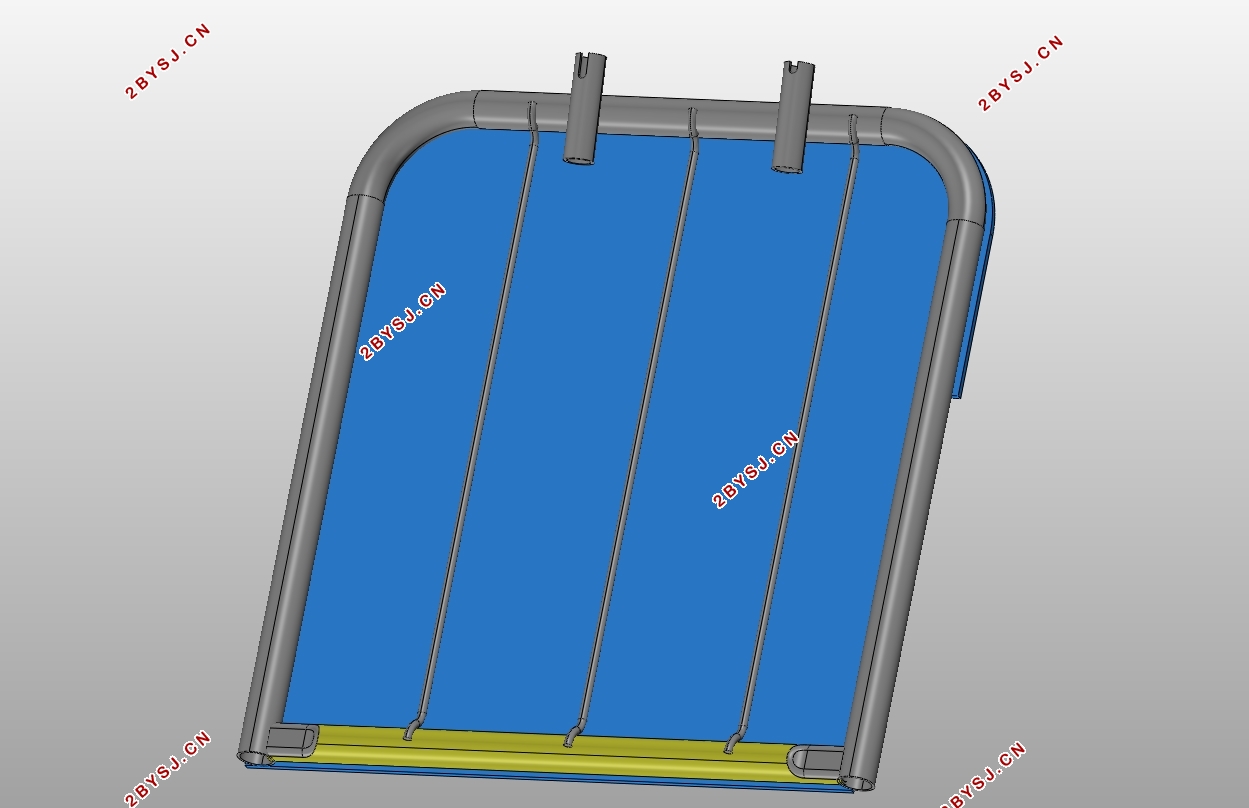
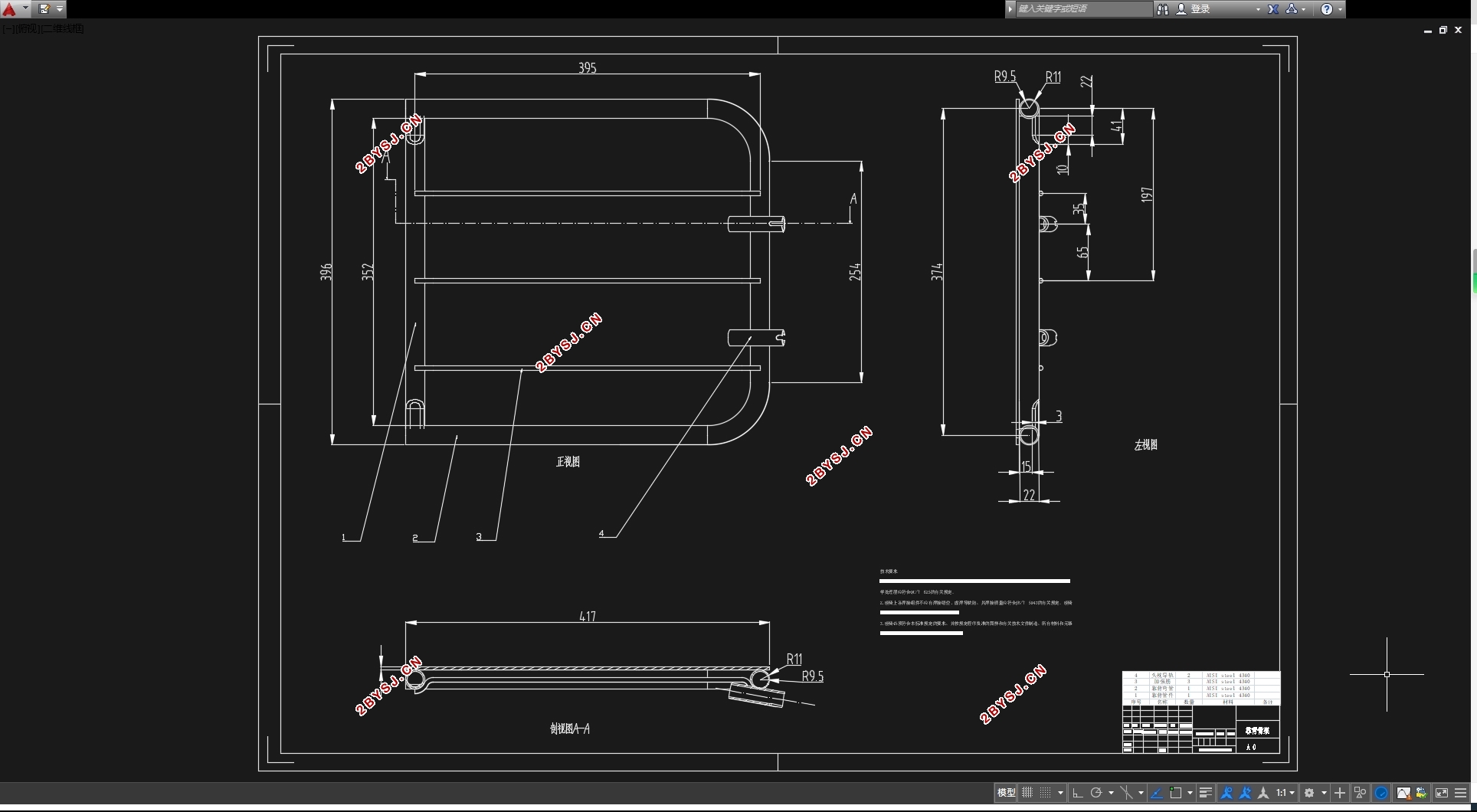
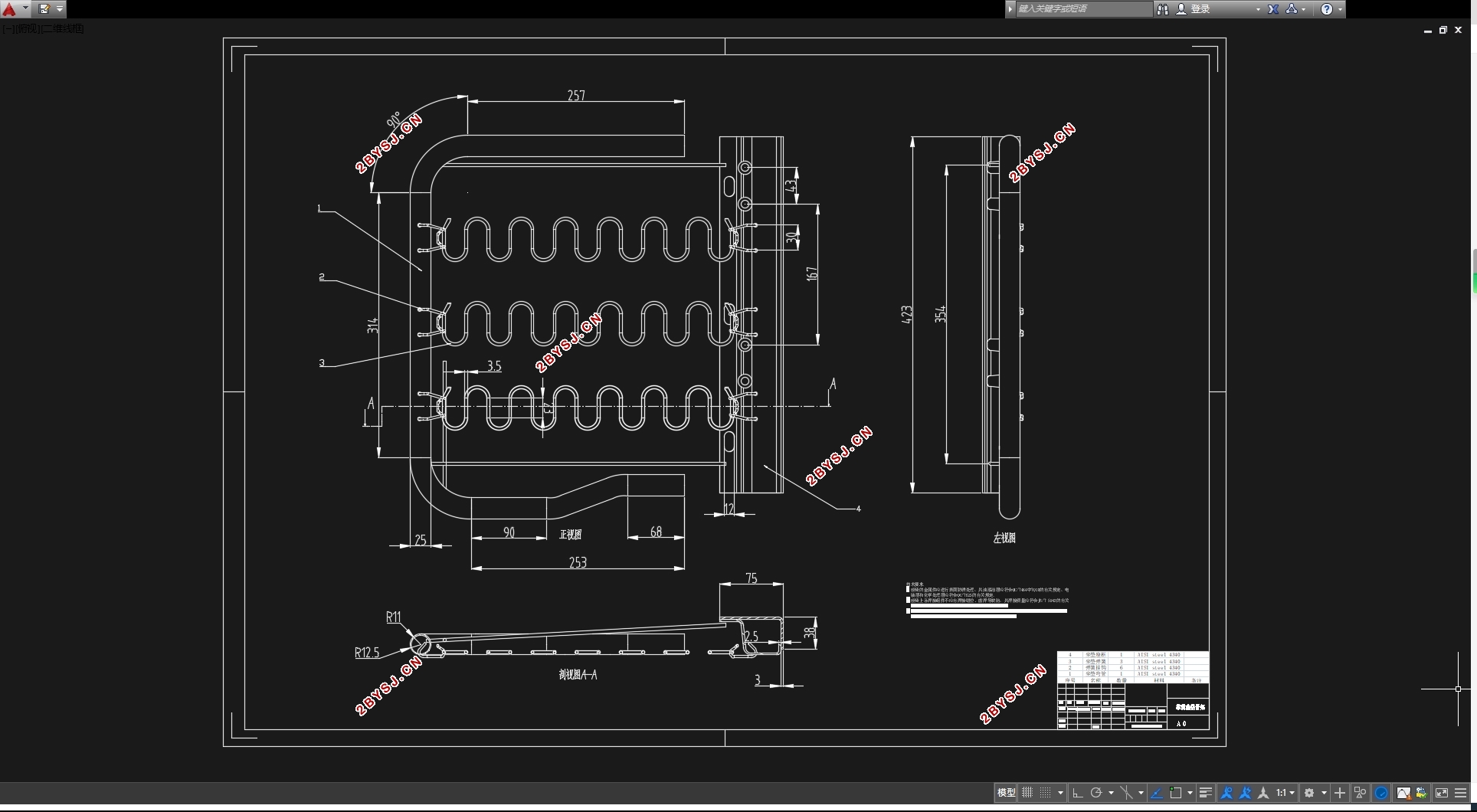

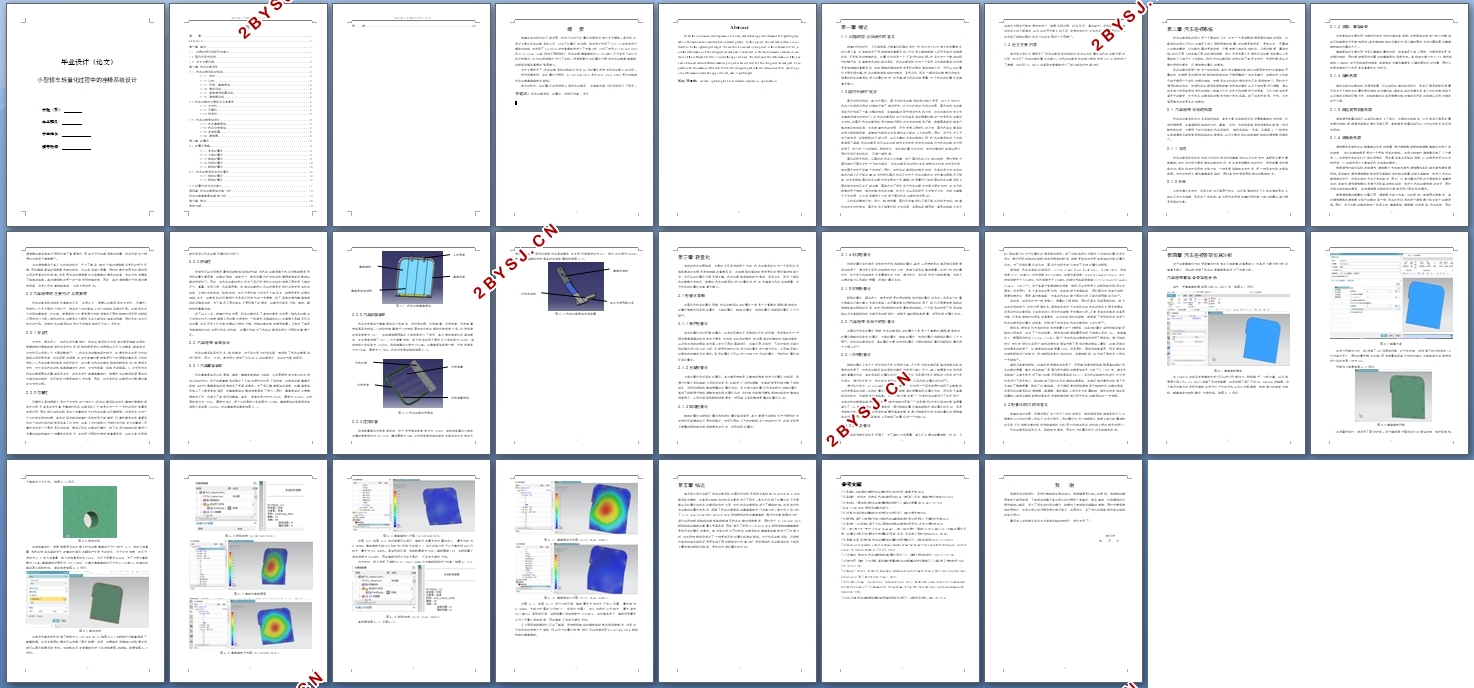

目录
摘 要 I
Abstract II
第一章 绪论 1
1.1 问题的提出和研究的意义 1
1.2国内外研究现状 1
1.3 论文主要内容 2
第二章 汽车座椅系统 3
2.1 汽车座椅系统的构成 3
2.1.1 发泡 3
2.1.2头枕 3
2.1.3 坐垫、靠背骨架 4
2.1.4 滑轨总成 4
2.1.5 高度调节装置总成 4
2.1.6 调角器总成 4
2.2汽车座椅的主要特点及其要求 5
2.2.1安全性 5
2.2.2可靠性 5
2.2.3舒适性 6
2.3 汽车座椅骨架设计 6
2.3.1汽车靠背骨架 6
2.3.2汽车坐垫骨架 7
2.3.3连接装置 7
2.3.4 调角器 8
第三章 轻量化 9
3.1轻量化策略 9
3.1.1条件轻量化 9
3.1.2方案轻量化 9
3.1.3制造轻量化 9
3.1.4形状轻量化 10
3.1.5材料轻量化 10
3.2 汽车座椅系统中的轻量化 10
3.2.1结构轻量化 10
3.2.2材料轻量化 10
3.3轻量化的目的与意义 11
第四章 汽车座椅骨架仿真分析 12
汽车座椅靠背骨架背板分析 12
第五章 结论 18
参考文献 19
致 谢 20
